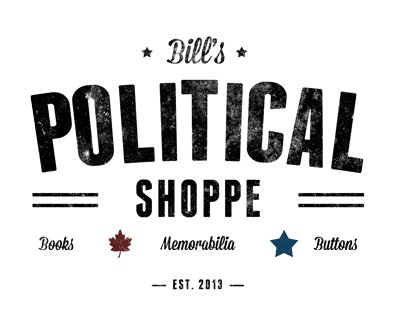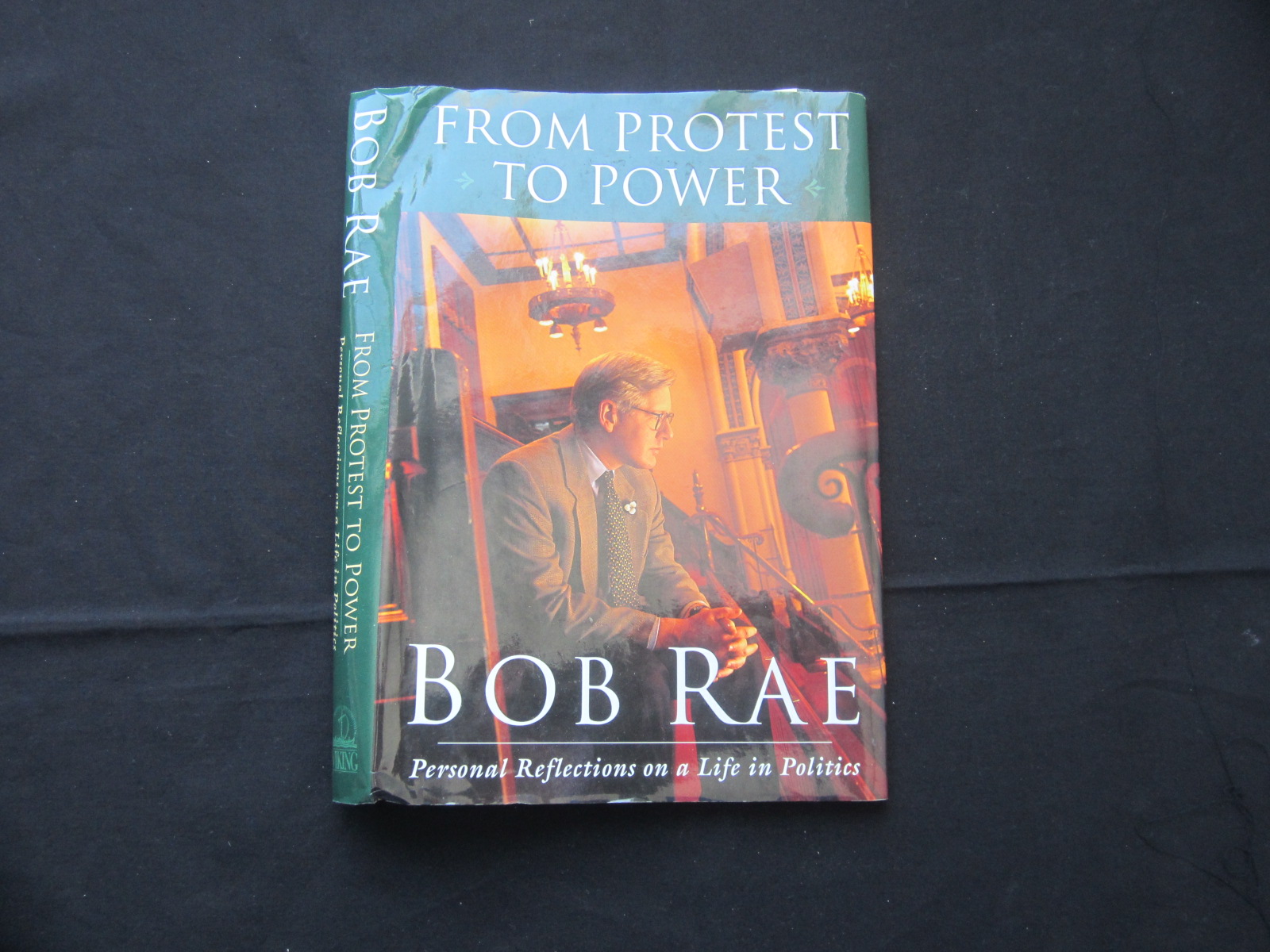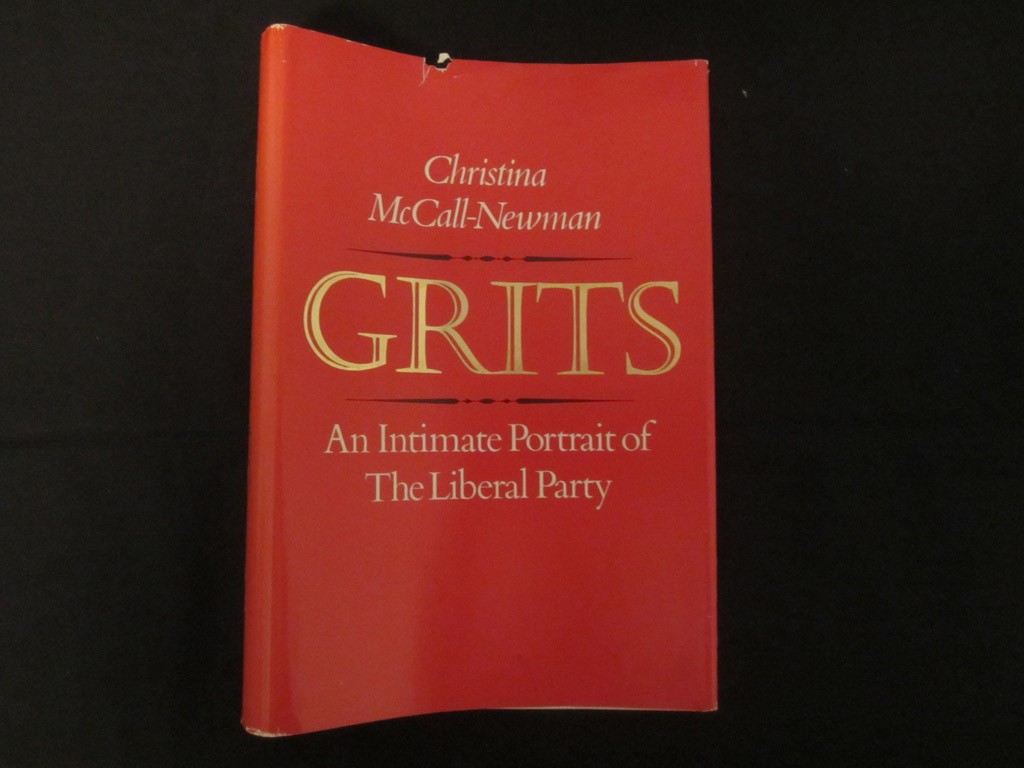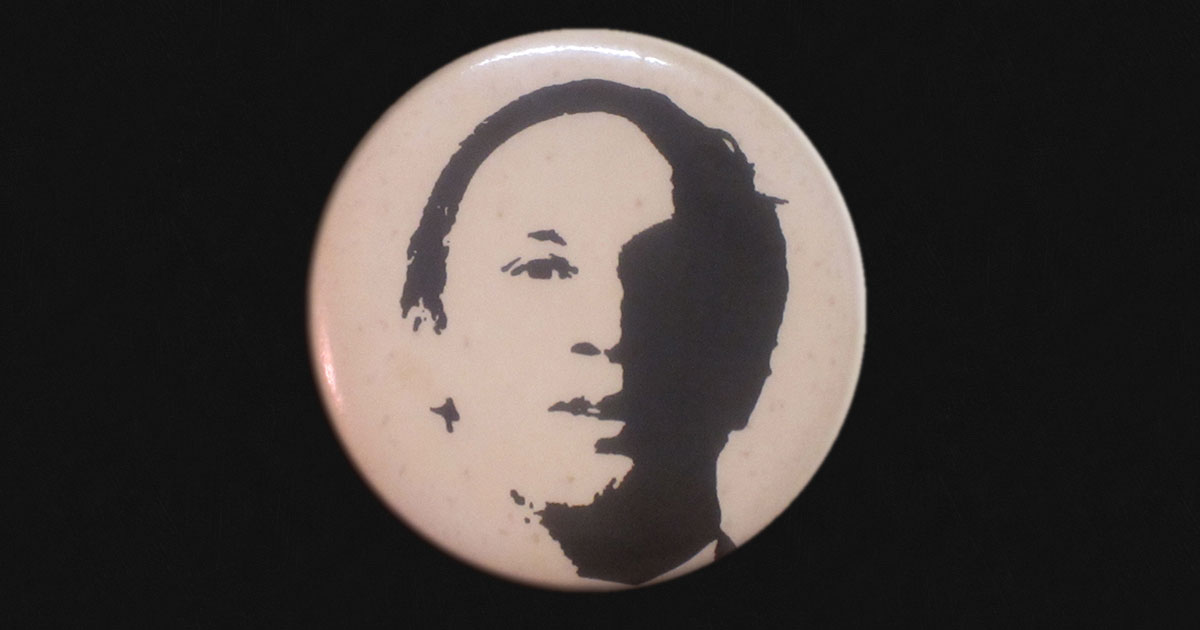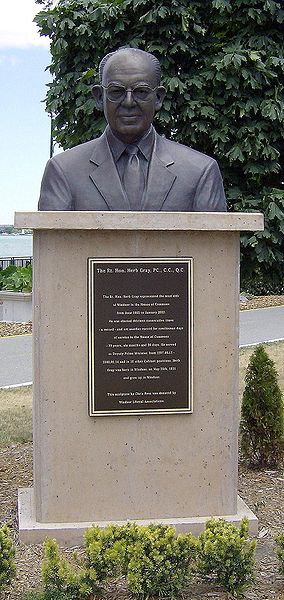
A week after we lost Jim Flaherty, we lost Herb Gray. Mr. Gray hadn’t served in the House of Commons since 2002. However, for the previous 40 years, he was a fixture as a Member of Parliament from Windsor. The discussions over Mr. Gray, his career, and his legacy, were less than those of Mr. Flaherty. That, I contend, had more to do with the passage of time than anything else.
Herb Gray was the first Jewish person to hold a cabinet post in the Canadian Government. In today’s society, that may not sound like much, but at the time, it was a considered a huge deal. In the period following the resignation of John Turner and the selection of Jean Chretien, Mr. Gray led the Liberal party in the House. He continued to lead it until Mr. Chretien won a seat in the House of Commons.
Regardless of ones political leanings, it should be agreed that the success of government is, in large part, dependent upon a strong opposition to hold it in check. From 1984 through 1993, an historically long period for the Liberal party in opposition, Herb Gray ensured a strong opposition. Even when his party was down to 40 seats after the 1984 election, Herb Gray followed his leader into battle each and every day, ensuring that the Mulroney government was held to account.
Under Jean Chretien, he rose to the job of Deputy Prime Minister. He was the first person to hold that position without holding another ministry. He articulated the government’s positions on a wide variety of issues. He was the first man of the house.
He managed to stay out of the leadership battles that plagued the Liberal party. None knew where his allegiance lay. He was under suspicion from all sides. He always performed. His allegiance was to Canada first, last and always. Then, to the people of Windsor. Then to his party, and then to his leader. He would support his leader, because it was good for the party. He supported his party, because he felt that they were best for the people of Windsor. If it was good for Windsor, it was definitely good for Canada.
I had the privilege of meeting Mr. Gray on a number of occasions when I was younger. One story he tells stands out in my memory…
“I was driving home with my wife after serving as the guest speaker at an event. I thought that I had done an especially good job that evening. The crowd laughed, they cheered, they rose to their feet. I was really feeling good about the performance I had given. I turned to my wife and said, “there are a lot of great people in the world”. There was a moment of silence. Then she turned to me and responded, “there’s one less than you think there is”.”
That was Herb Gray. Yes poking fun at his opponents, but always poking fun at himself. Well Mr. Gray, with your loss, there’s one less great person in the world www.masterpapers.com.au. You will be missed. Thank you for the love you showed our country and thank you for your contribution to our public service.
Share your thoughts on Herb Gray in the comment section below.
